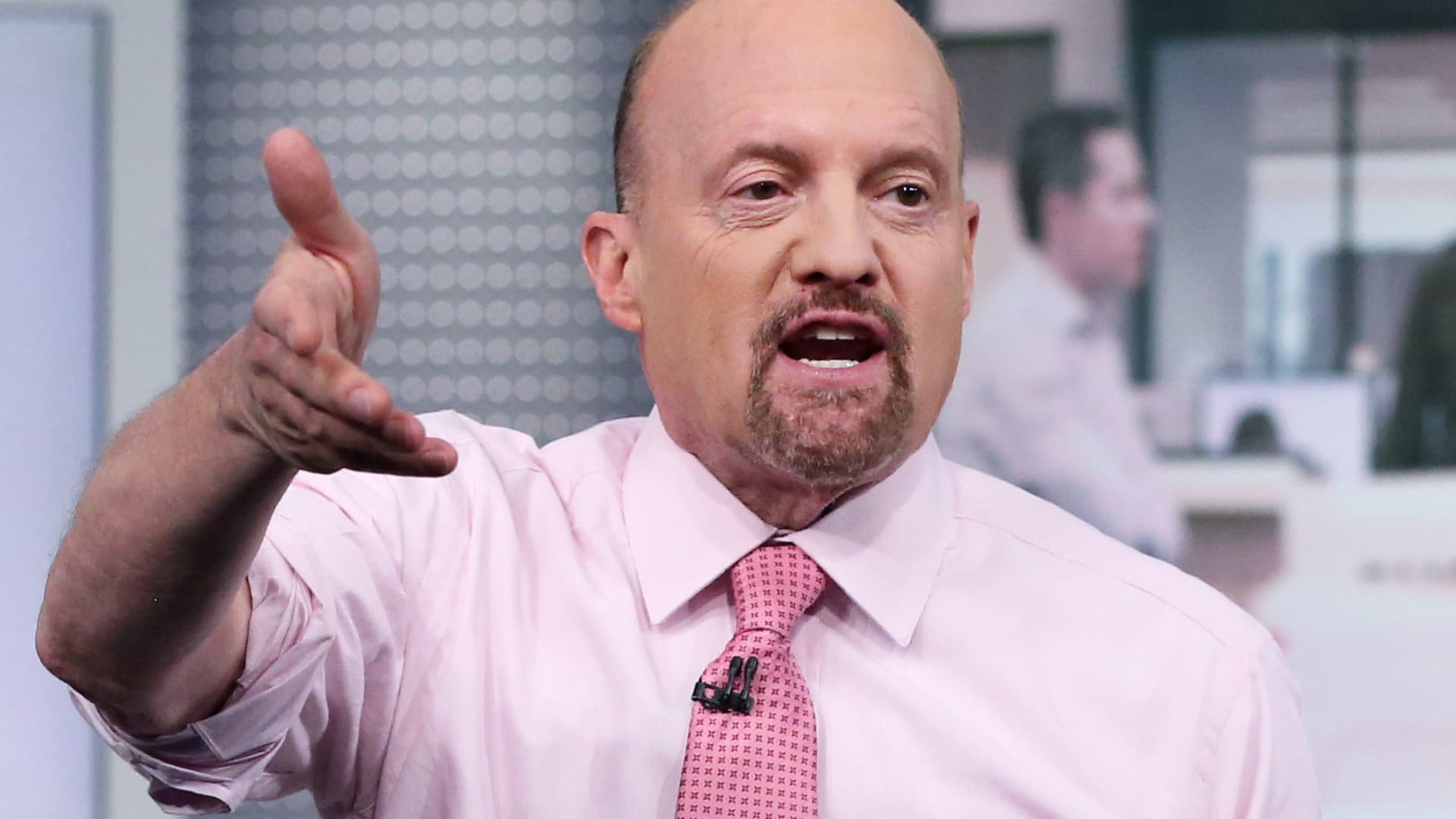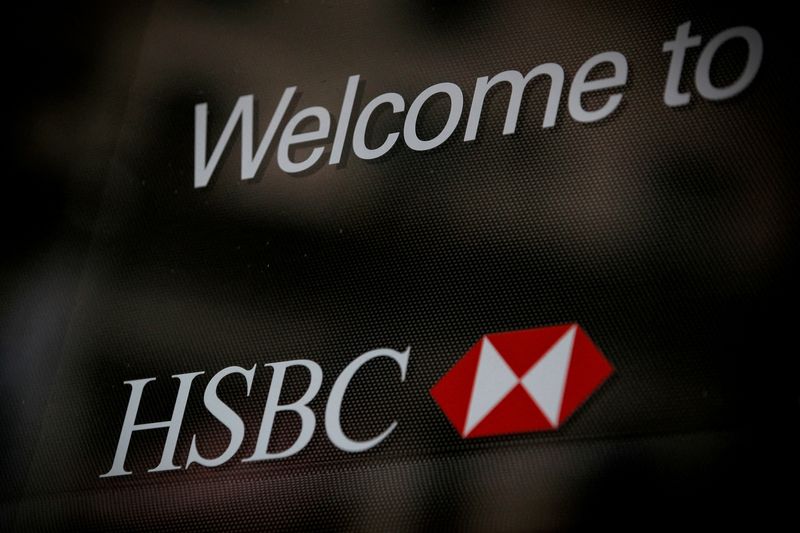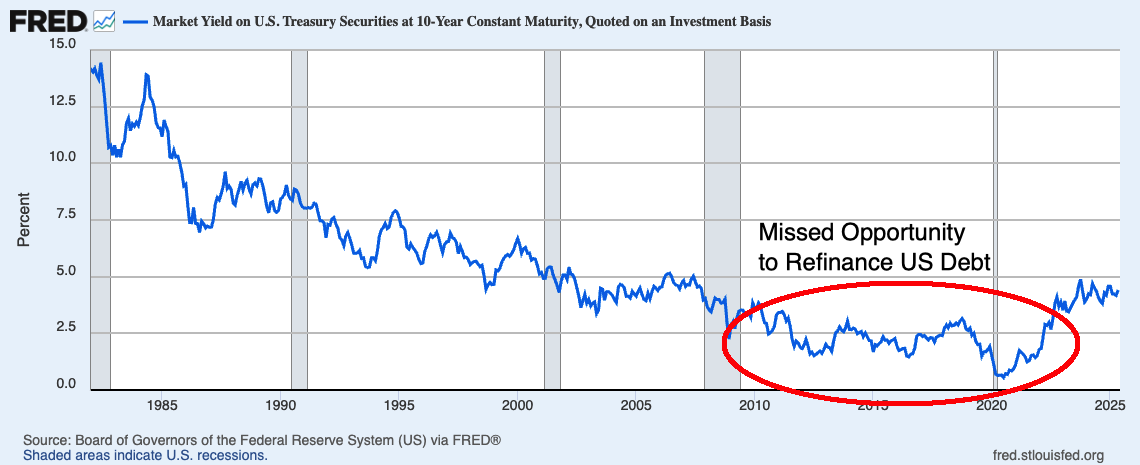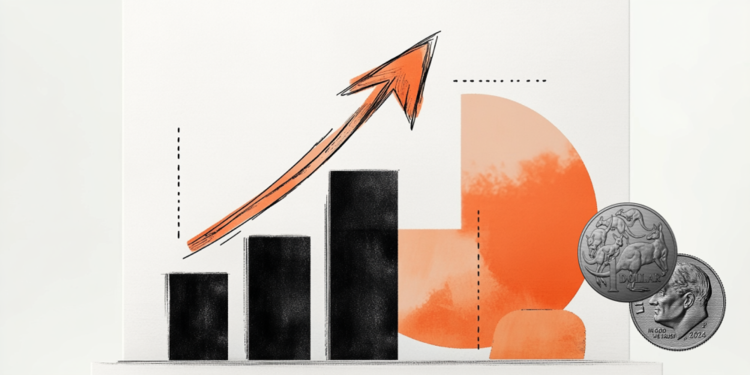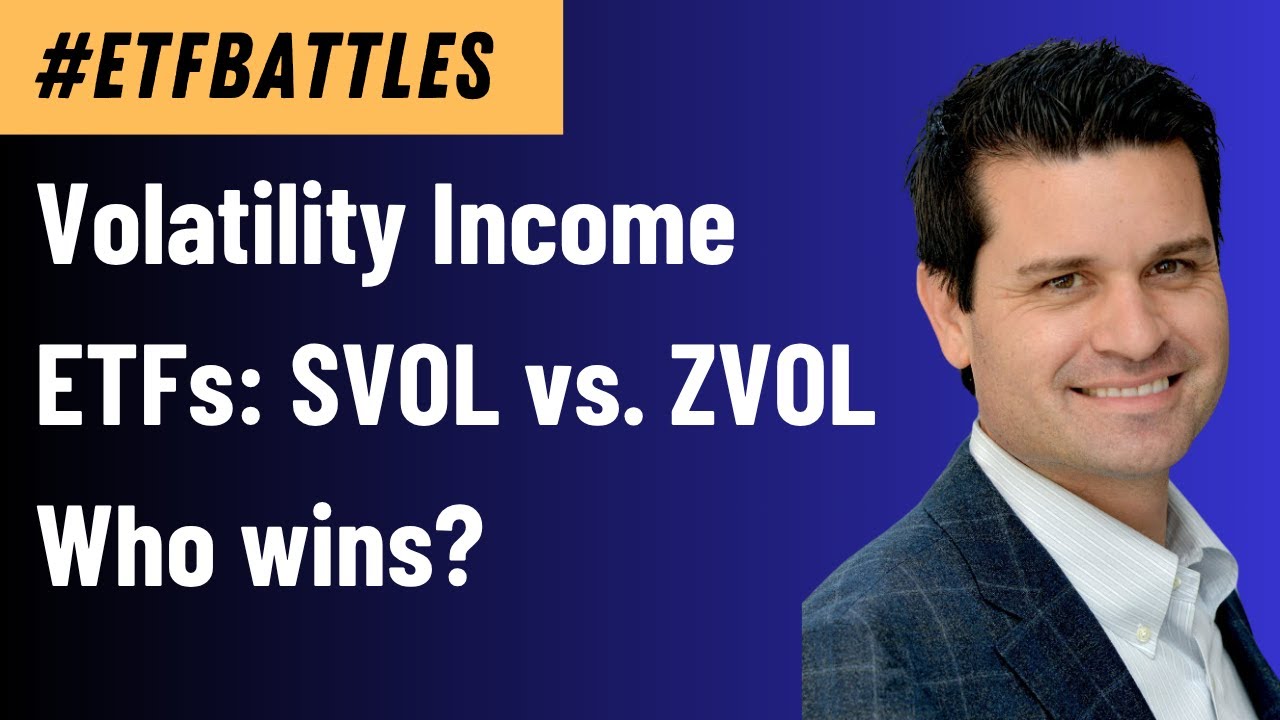How I Discovered My Parents’ Investment Portfolio Was Underperforming – Here’s What I Found
Comparing your portfolio to a benchmark like the S&P 500 gives you an idea of how well you are performing. It’s no longer just about generating a positive return. You also have to beat the market to justify investing on your own instead of buying index funds. One investor in the Dividends subreddit explained that […] The post How I Discovered My Parents’ Investment Portfolio Was Underperforming – Here’s What I Found appeared first on 24/7 Wall St..

Comparing your portfolio to a benchmark like the S&P 500 gives you an idea of how well you are performing. It’s no longer just about generating a positive return. You also have to beat the market to justify investing on your own instead of buying index funds.
One investor in the Dividends subreddit explained that their parents haven’t achieved the best returns with their portfolio. These are some of the key stats from the portfolio:
- 3-Year Annualized Return: 4.25%
- 5-Year Annualized Return: 8.42%
- Since the portfolio’s 2010 inception: 4.38%
A positive return is better than a negative return, but other investors explained in the comments how the portfolio can be optimized for higher returns in the future.
Key Points
-
A couple’s portfolio has significantly underperformed the stock market, and one of their children wants to change that.
-
The couple should assess their returns and fees, but it’s also important to keep their risk tolerance in mind.
-
Are you ahead, or behind on retirement? SmartAsset’s free tool can match you with a financial advisor in minutes to help you answer that today. Each advisor has been carefully vetted, and must act in your best interests. Don’t waste another minute; get started by clicking here.(Sponsor)
Focus On A Benchmark Like The S&P 500

Some people suggested in the comments that the parents look at the annualized returns of index funds and ETFs that track benchmarks like the S&P 500 and Nasdaq Composite. Framing the conversation around opportunity cost and what their portfolio would have looked like with those funds can lead to the parents making changes.
These indices have delivered annualized 10%+ returns for several years, especially in recent times. The Magnificent Seven stocks have propelled the S&P 500 much higher, and that trend may continue.
The parents did request a low-risk portfolio in 2010, but this desire for less risk has translated into lower gains. Their portfolio has lagged the stock market for many years, but it may not take many changes to get back on the right course.
Work With A Financial Advisor

The parents may want to work with a financial advisor who can suggest what level of risk is optimal. If the parents aren’t retiring for 5-10 years, it may make sense to take more risk. They don’t have to move all of their assets into a fund that tracks the S&P 500 or Nasdaq Composite. However, some adjustments can boost the parents’ annualized long-term returns.
While the parents may be happy about generating positive returns, they achieved those results during a historic bull market. Almost everything went up in the long run, and many assets significantly outperformed the portfolio’s annualized returns.
Understanding The Parents’ Risk Tolerance

While it’s unquestionable that the portfolio has underperformed the broader market, some investors prefer to take little risk in exchange for less volatility. They don’t want to see their portfolios drop by 10% or 20% and prefer to have stable growth and cash flow.
Some people are content with barely outperforming inflation. This setup offers more certainty and can reduce risk. While most commenters pointed out how the portfolio’s returns have trailed the stock market, one Redditor explained that the parents may be happy with the portfolio based on their risk tolerance and long-term goals.
“It is their money and their allocation. They want it protected from [loss]; they got it. End of discussion,” one commenter stated.
Most young investors focus on maximizing their returns while accepting that they will incur more risks. However, it’s still worth it for the parents to ask questions about their performance and fees.
The post How I Discovered My Parents’ Investment Portfolio Was Underperforming – Here’s What I Found appeared first on 24/7 Wall St..








































